Is Failure A Part Of Success? The Honest Truth
80% of new businesses fail. 50% of marriages end in divorce. Failure is all around us. In fact, there’s a very high chance that you failed at one point in your life, and it felt terrible. However, so many successful people preach embracing failure. They preach that you need to fail to get ahead, but that isn’t what’s important. Is failure a part of success? It completely depends on how you react to it. I’ll be going over three different types of reactions, 2 that make failure meaningless and the final that makes it a part of the road to success. Let’s get into it.
Table of Contents
Failure exposes the real you
So, your relationship just ended. Your business just went under. You just got rejected. What now? The truth of the matter is that failure is an extremely triggering event. In that moment, it truly does feel like the world is against you.
The 3 routes people take after failure are: blaming others, blaming themselves and learning from it.
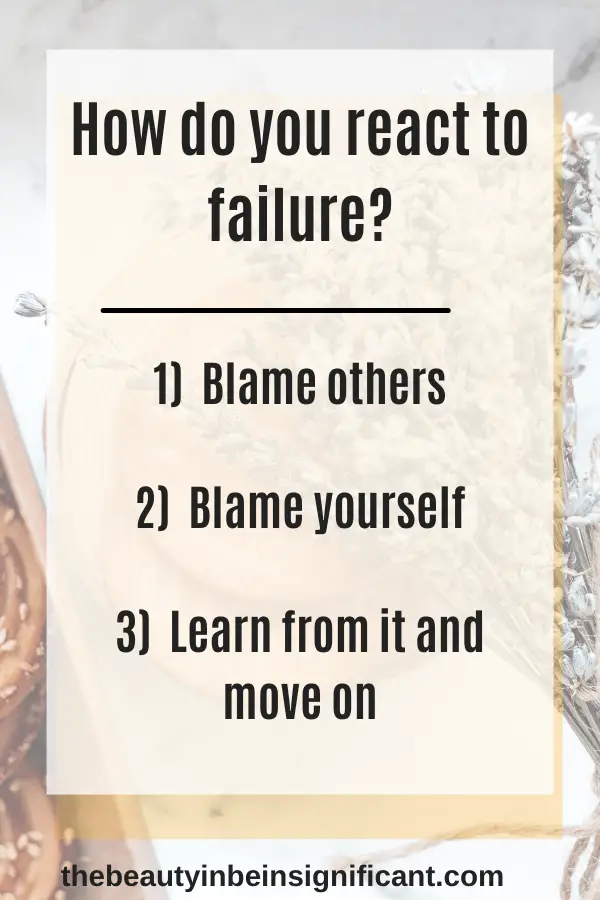
Do you – start blaming others?
This is probably the worst reaction to failure. An article by Bill Herring, talks about the four denials of responsibility. One of them is the denial of accountability. People who take this path avoid responsibility for a misdeed by claiming that the event was out of their control. Even worse, they get extremely defensive when this claim is challenged. Unfortunately, this reaction guarantees that the failure was meaningless
Related Post:
The Four Denials of Responsibility (billherring.com)
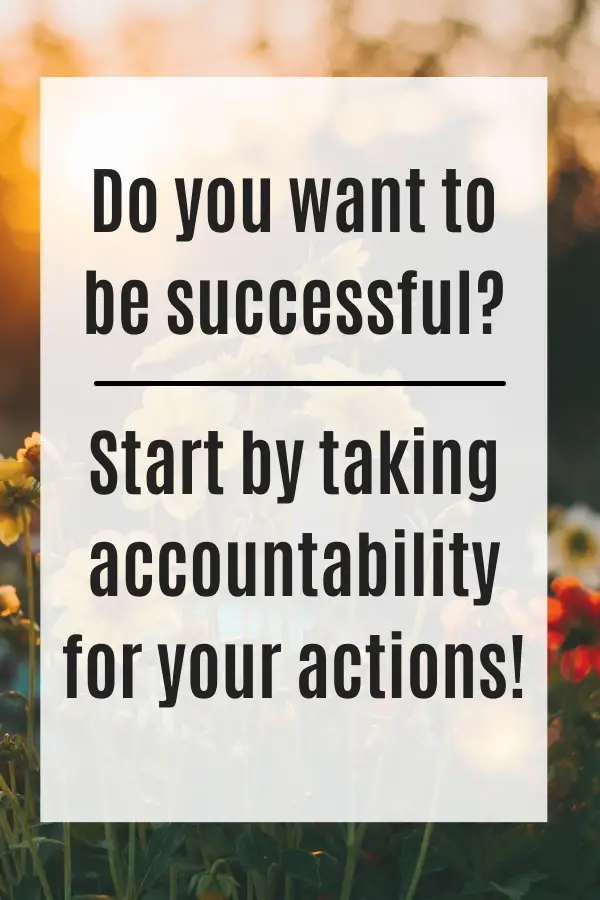
A common example of where this happens at the end of a relationship. Both parties blame each other, denying accountability for their contribution. This is extremely common in what is known as the anxious-avoidant trap in attachment theory. If you want a basic breakdown of attachment theory, I’ve covered it in previous posts.
Healing Anxious Attachments: 5 things I noticed on the way
Triggered! How To Self Soothe Anxious Attachments
In this trap, the anxious partner (known for their ‘clinginess’ ) pushes their avoidant partner (known for craving independence) for more emotional intimacy. This inevitably triggers the avoidant partner as they feel their independence is threatened. As a result, they withdraw. Unsurprisingly, this then triggers the anxious partner, who then pushes for even more intimacy. A never-ending cycle that leads to the demise of the relationship as neither is satisfied.
When the relationship inevitably fails, both partners blame each other. The anxious partner calls the avoidant, cold, and distant. On the other hand, the avoidant partner calls the anxious one, needy and clingy. If neither takes accountability for their behaviours, then the failure ends up being meaningless.
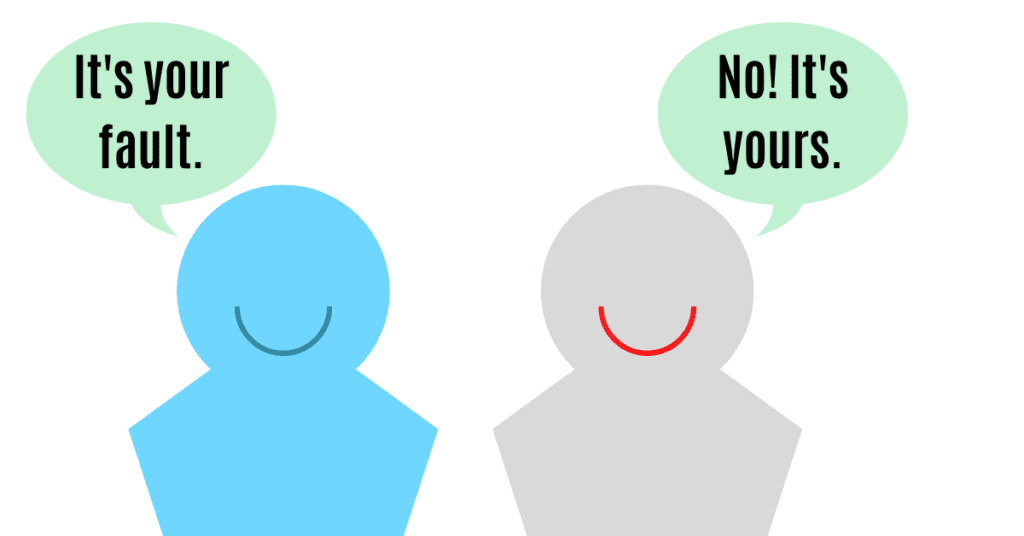
In this situation, to start making a success out of these losses, the first step would be to become self-aware. There are many ways to do this but one I’d highly recommend is getting a journal to document your feelings daily. It will feel weird at first, I can guarantee it. However, once you get in the groove of it, you’ll be able to understand yourself in a whole new way. No judgements or criticisms. Just learning who you are.
5 Amazing Prompts To Inspire Your Future Self Journaling (2021)
Do you – start blaming yourself?
This is one that hits close to home for me. When it comes to work, if something doesn’t work out, then it’s completely my fault. This is another dangerous train of thought as it can quickly lead to a negative spiral.
I shouldn’t have even tried. I knew I would fail. It couldn’t have gone any other way. Failure has a nasty side effect of exposing low self-esteem. Let’s go back to one of my earlier failure experiences in childhood
Growing up, I attached my self-worth to getting good grades in school. Every time I did well, I got an insane ego boost. I was on top of the world. It was an addicting high. However, the first time I failed it all came crashing down.
I was depressed for weeks. I internalized that failure and constantly told myself that I wasn’t good enough. This was where I messed up. Your brain places a high value on the words that come out of your mouth. How can it now? It’s the voice it hears the most in its lifetime. So, when you start talking negatively about yourself your brain starts to believe it.
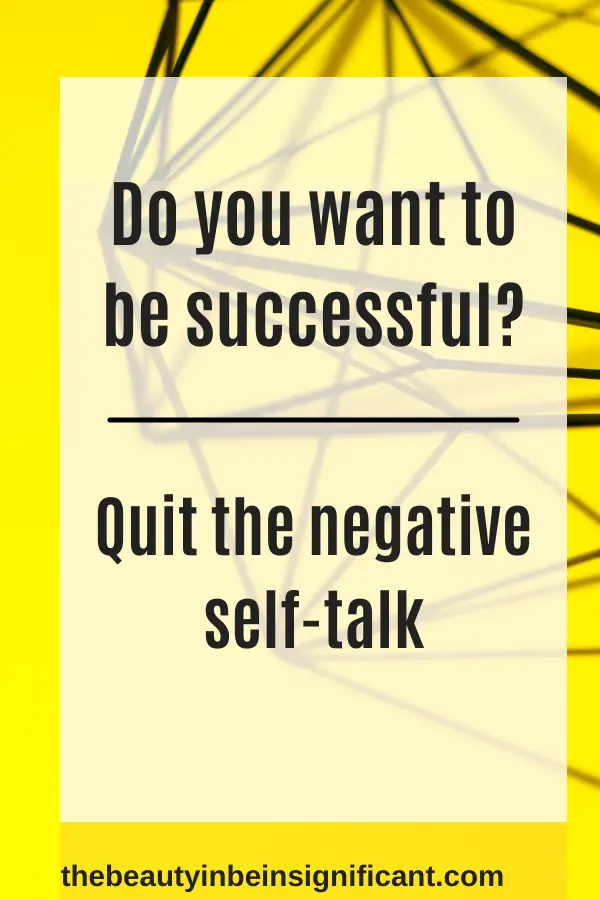
Is failure a part of success? Well, if you constantly put yourself down after failing then absolutely not. On the other hand, if you use self care methods to contradict these negative self-talk cycles, then you stand a much better chance of learning from the experience.
Personally, every morning, I use positive affirmations to remind myself that my value is not linked to my work performance. I have value in being who I am and not in what I can provide. It has been game-changing in terms of how I perceive myself.
Related Post:
50 Morning Affirmations To Start An Amazing Day
Do you- Take it as a learning experience?
‘’We cannot control all that happens to us, but we have absolute control over how we respond to the changes in our lives’’.
Christopher Waddell
When we fail, a lot of us tend to go mentally go back in time. If only I was better then this wouldn’t have happened. To make your failures a success, you must take the lessons from the failure experience and then move on with your life.
In my experience, blaming others and yourself gets you nowhere but self-pity and wallowing. Yes, I failed. What does that mean ? It means I have to try again in a different way.
If you build resilience by never quitting, by always getting back up, then failure will absolutely become a part of your road to success.

Conclusion
It doesn’t come easy. There will be some failure experiences that really crush you. Is a failure a part of success? It completely depends on your reaction to it. If you blame others and take no accountability, you’ll get nowhere. Blaming yourself only leads to a negative self talk cycle. The only option where failure can be turned into a success is where you make the decision to make it so. This is done by learning why you failed and then swiftly moving on.
When was the last time you failed? How did you react to it? Did your reaction make the situation better or worse? Let me know in the comments below, I’m curious!
If you enjoyed reading, then do share it with your friends and family! In addition, make sure to sign up to our email list. I hope you have a lovely rest of your week.
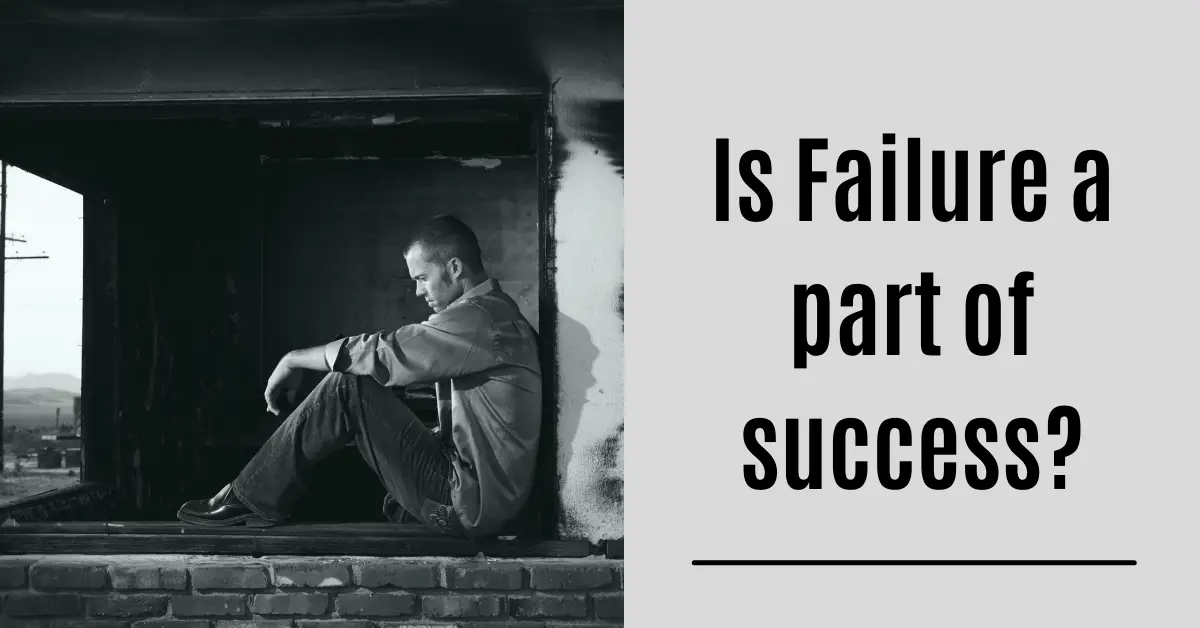



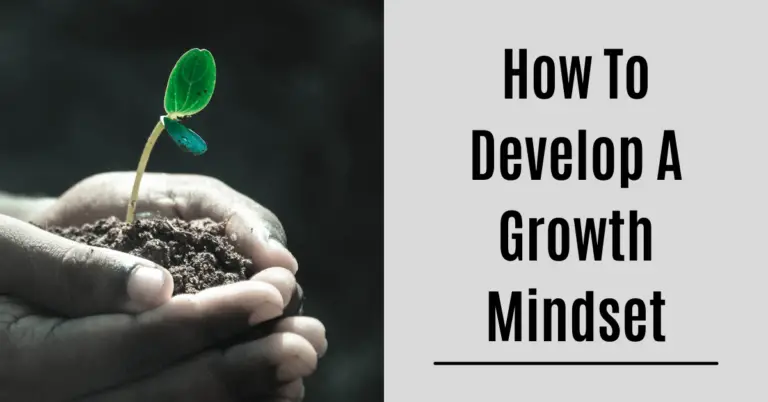
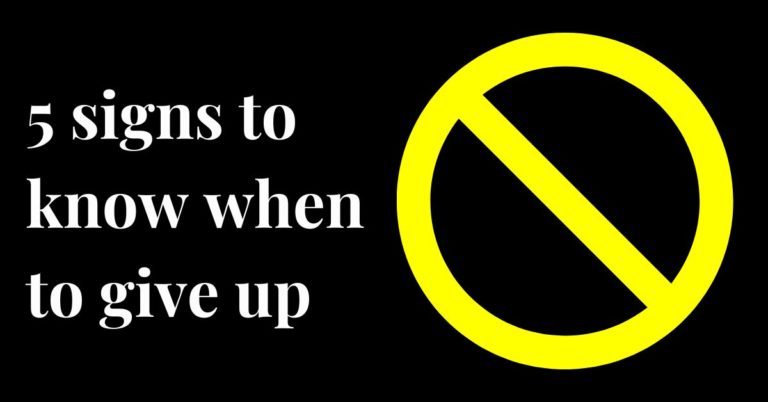

Failure is absolutely a part of success, but you have to first acknowledge it as failure then look at it objectively and act on it to turn things around. Communication and practice are key to minimizing emotional responses. Being an experimental person who likes to try new things, I have small failures all the time! As for bigger ones, it’s been a while, but that could be a matter of perspective.
I sometimes feel like I keep failing every day, especially when I am trying to create something new. Continuing to persevere regardless of how much of a failure I feel tends to help me learn from my mistakes without blaming others.
Yes!! I’m so proud of you for having that mentality. It’s a game-changer